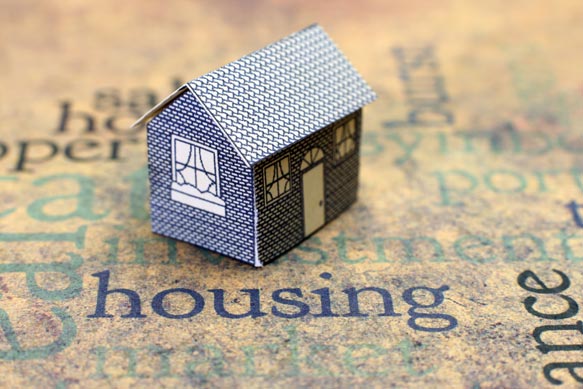Despite the recent surge of optimism regarding the property market, one financial analyst feels that the relief is misplaced, via Australian Broker.

“There are some people now claiming that property prices have hit bottom and it’s all up and away from here. But then, there are others who rightly focus on the burden of debt, which is very big and means there will be some limitation to how far property prices can reverse,” explained Martin North, principal of Digital Finance Analytics.
“There is significantly more interest in property now than there was a few weeks ago, yes. But the jury is still out on whether that will translate to sustainable reductions in the fall of home prices, and rises ahead. The probability of coming into a property boom anytime soon is very limited.”
According to North, a large part of the issue lies in a crucial and crippling disparity in supply and demand.
ABS data reports there are more than one million vacant properties in Australia currently, yet 200,000 new dwellings are scheduled to be built in the next two years.
Aspiring housing market entrants are being barred by tightened lending, immigration has stagnated and investors are not only disinterested in returning to the market, but many are actively trying to sell the properties they do have.
“That’s why I’m still thinking that there’s plenty of room on the downside for property values to continue to fall,” explained North.
Even the initiatives recently proposed, such as APRA changing the servicing rate floor or the promised first home buyer scheme, are likely to have only a “small and positive effect, not a dramatically large one.”
“We’ve still got the very high level of household debt, we’ve still got very high levels of mortgage stress, we’ve still got the banks tight on their lending standards,” the anaylst reminded.
While North feels confident that the last 18 months of property values sliding is outside the natural ebb and flow of the housing market and indicates the presence of a deeper issue, he doubts the validity of using home prices as the key indicator of the state of the economy.
He explained that there are too many factors that play into the property market for it to be an accurate litmus test, calling it “a follow up, rather than a lead indicator.”
Instead, he suggested attention should be given to monitoring any significant rises in unemployment, mortgage defaults, or the consumer price index.
